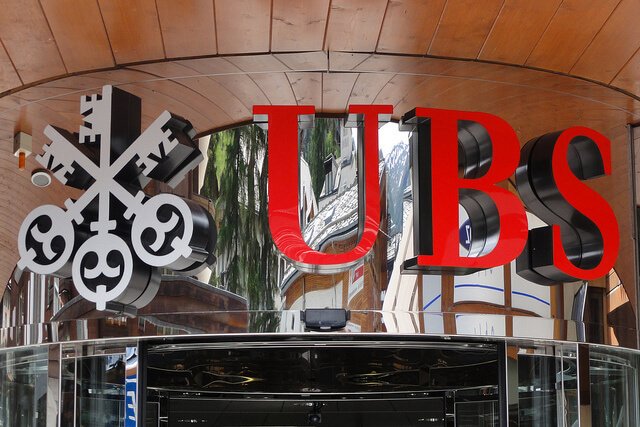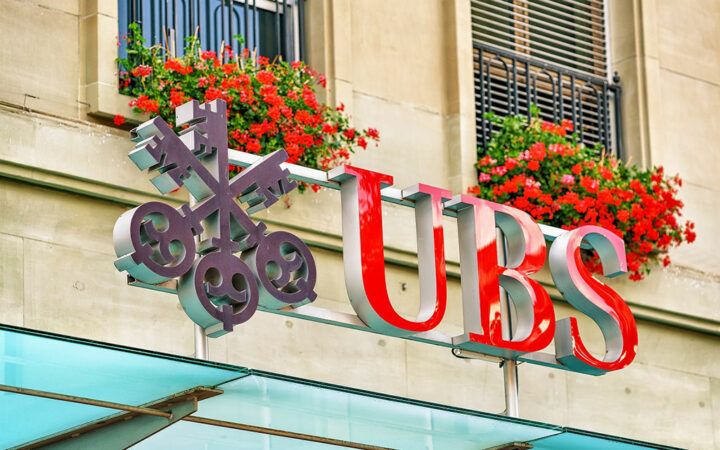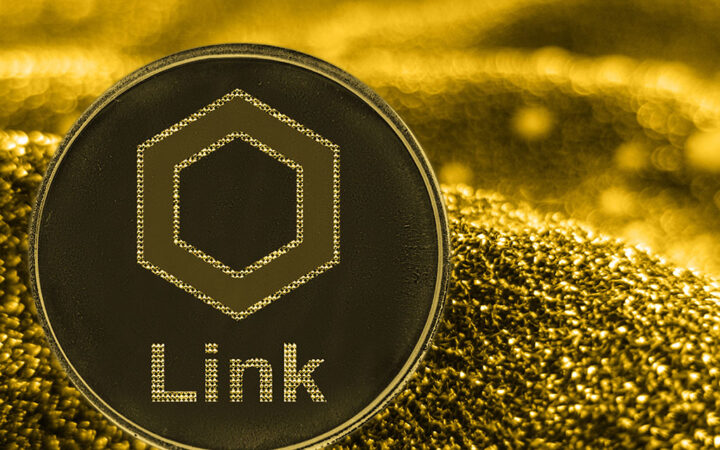
Barclays, Credit Suisse, Canadian Imperial Bank of Commerce, HSBC, MUFG and State Street have joined a project to work on the “utility settlement coin.”
The Swiss bank UBS first launched the concept in September 2015 with London-based blockchain company Clearmatics, and was later joined on the project by BNY Mellon, Deutsche Bank, Santander, brokerage ICAP and NEX.
The utility settlement coin aims to let financial groups pay each other as well as to buy securities using digital coins that are directly convertible into cash at central banks instead of waiting for traditional money transfers to be completed.
Being convertible into different currencies, the coins are to be stored using blockchain, which allows its owners to swap them quickly for the financial securities traded. This solution is believed to cut the time, cost and capital required in post-trade settlement and clearing.
The news is actually about the transition into the next phase of the project’s development, in the framework of which its members are planning to advance discussions with central banks and to focus on tightening up its data privacy and cyber security protections.
Speaking about communication with central banks, Hyder Jaffrey, head of strategic investment and fintech innovation at UBS, said:
“We have been in discussions with central banks and regulators and we will continue that over the next 12 months with the aim of a limited ‘go live’ at the back end of 2018.”
Previously banks used to be rather skeptical about the blockchain tech due to its vulnerability to fraud. Now, financial institutions tend to treat the technology more seriously and start exploiting the technology to make financial markets more efficient, secure and transparent.
Falcon Private Bank, for example, announced the launch of the first of its crypto-asset management products, becoming the first Swiss bank to directly offer Bitcoin and crypto-asset management. Barclays, in its turn, earlier this year also presented the new smart contracts app designed manage and record financial agreements among its clients.
Together with the representatives of banking sector, giants of other spheres actively use blockchain technologies for various purposes. For instance, IBM teamed up with a group of food giants, including Walmart and Unilever, to develop a new solution that will help to address food safety issues using the blockchain technology.
“The distributed ledger is one of the most innovative technologies out there,” said Lee Braine from the chief technology office of Barclays’ investment bank. “From reducing risk to improving capital efficiency in financial markets we see several benefits of this project.”
Still, one shouldn’t be too optimistic about the immediate implementation of the “utility settlement coin” project, as Mr Jaffrey noted:
“This isn’t going to come in with a big bang, it is going to come in with a series of developments over time.”
According to him, at first, the utility settlement coin is to be used for banks to pay each other in different currencies starting from the end of next year. The lapse of time is so long, as in order to experience all the benefits of speed and reduced capital requirements, at first the securities themselves will need to be transferred to blockchain systems to be later used for settling securities trades.






